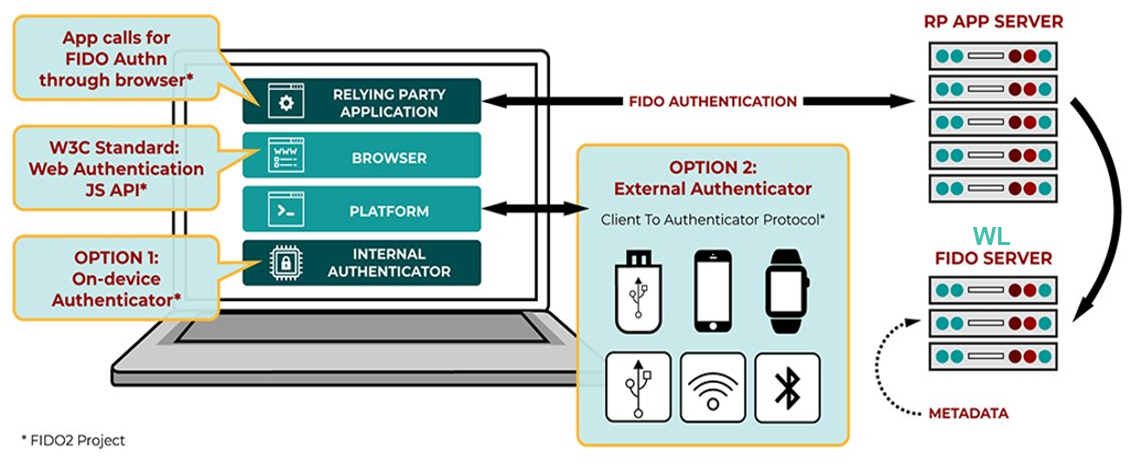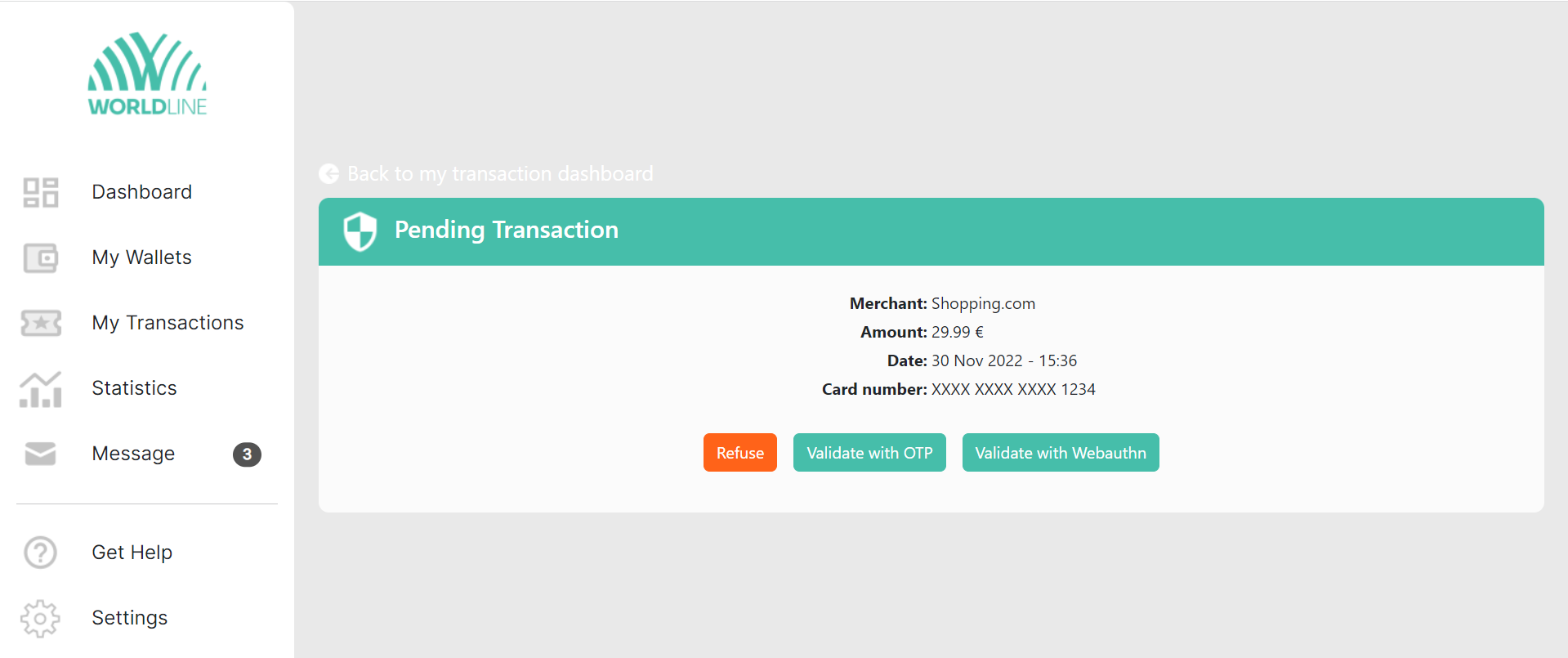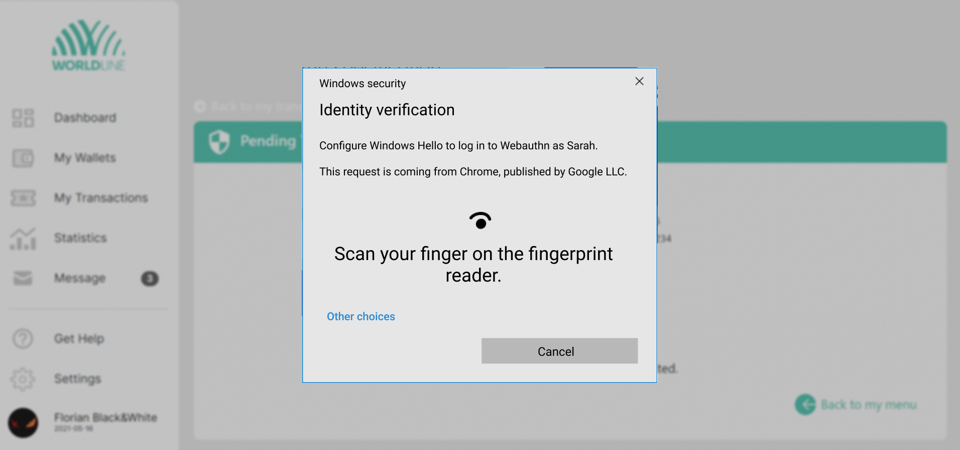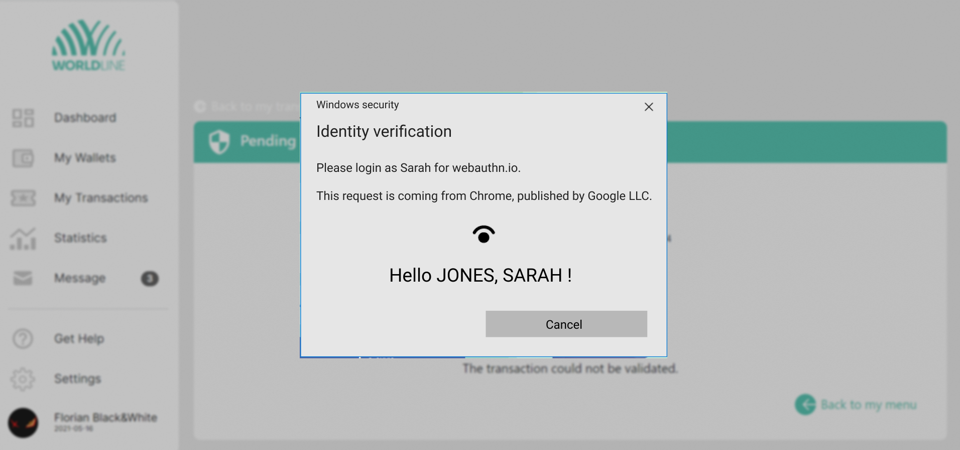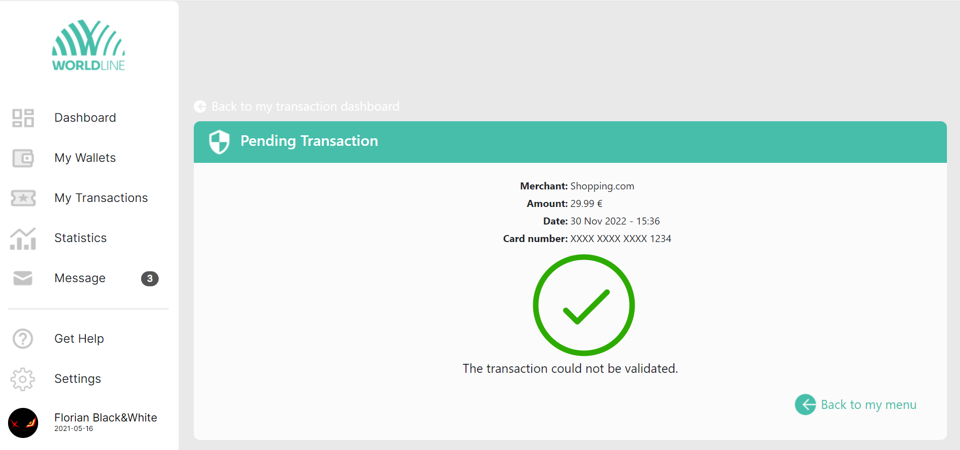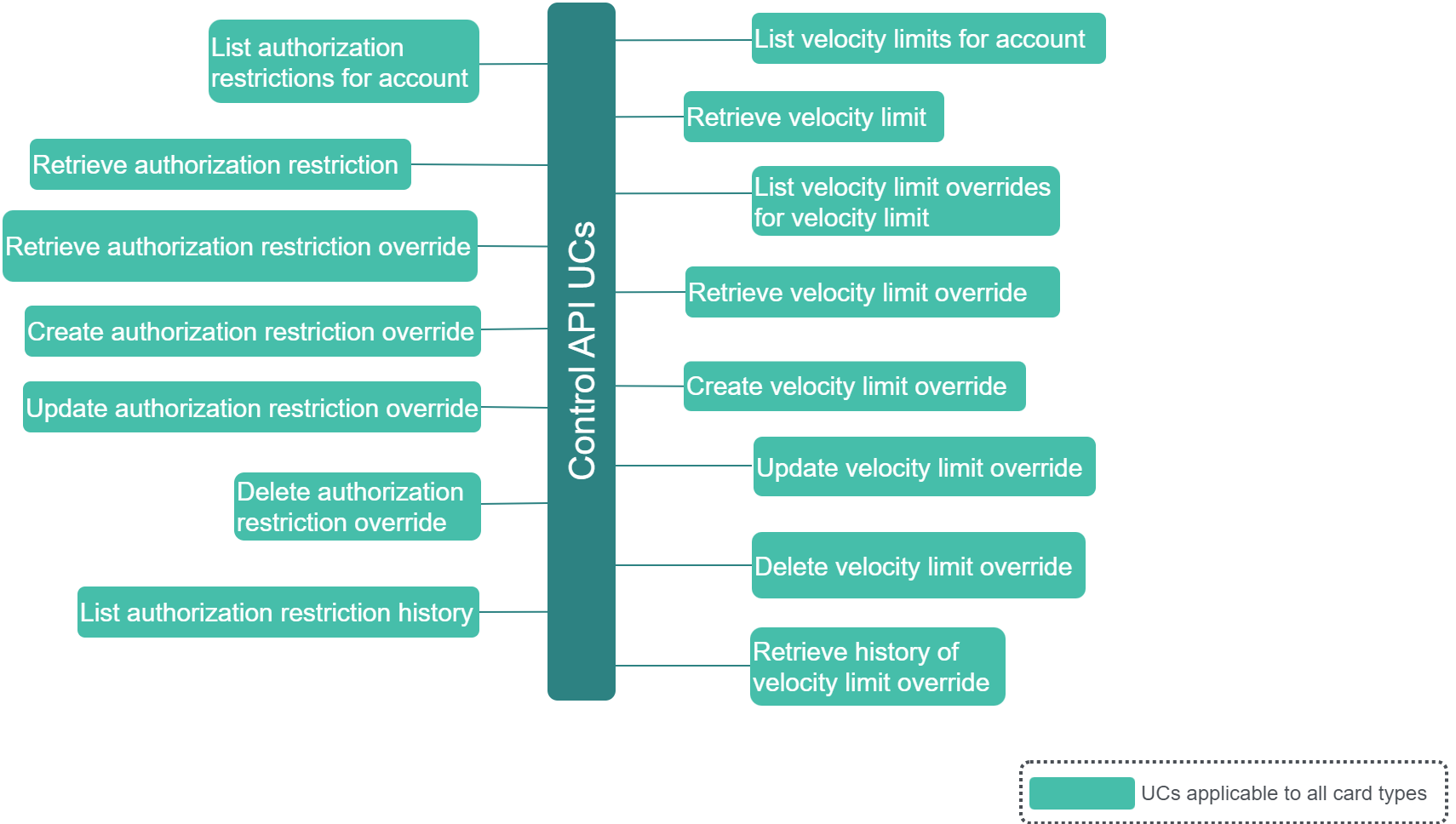Worldline Bank Connect
You already had a closer look on our Open Banking products and would like to learn more on Worldline Bank Connect?
As a licensed entity, via Bank Connect you can reach all banks with a single integration. You can pull account data of your retail or business clients or submit payments on behalf of your clients.
To implement Bank Connect you can consult the API description.
In addition, you will need to handle end user's bank selection and redirection to your portal. For faster integration and better user experience we offer Worldline Bank Selection Interface for Payment and Data - a set of predefined screens that could be customized with your branding allowing to choose the banks and handling the complexity of different PSD2 authorization flows (redirect / decoupled / embedded), so that you will be able to focus on your product and leave the boring stuff to us.
Additionally you should also check the following sections:
-
Access Management Module
-
Reach Directory API for Payment and Data - it describes how to query the reach directory and interpret it's response. The reach directory will tell you which banks are connected to our platform and how you can identify implementation differences across banks.
-
Push Notification API (optional) - to learn how you can get notified on payment status changes instead of polling the status by yourself
-
Back office (optional)- in case you would like to manually check your transactions

